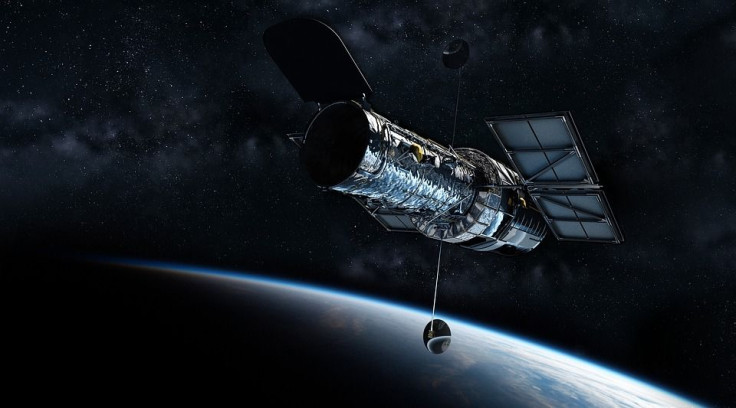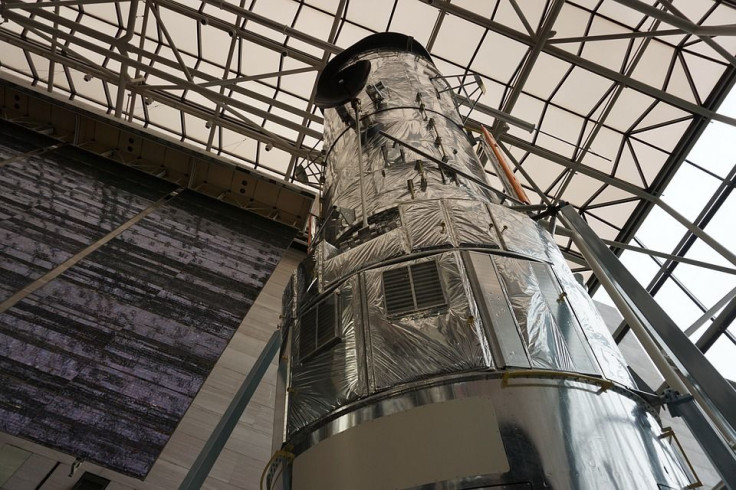
Scientists now have the capability to look even further into deep space and perhaps find alien life with NASA’s new James Webb Space Telescope (JWST). However, a top scientist says contacting alien life is a “terrible idea” that could be interpreted by other advanced species as an invitation to “rule Earth”.
As NASA is set to launch its JWST later this year, scientists are eager to probe deep space in search of other worlds and other-worldly beings. The Hubble Space Telescope is currently the Earth’s most powerful piece of technology that is able to explore space through a lens but the JWST is much more powerful and can go much further and deeper into space.
NASA’s new toy is so powerful that scientists fear it could disturb alien species that are not aware of our existence, even more so, they may not be as friendly.
Renowned physicist and string theorist Michio Kaku has been emphasizing his belief on the topic of finding alien life over the years. Kaku strongly believes humans will find alien life, and when we do, we should be wary of making any contact.
"Soon we’ll have the Webb telescope up in orbit and we’ll have thousands of planets to look at, and that’s why I think the chances are quite high that we may make contact with an alien civilisation”, Kaku said in an interview with The Guardian.
"There are some colleagues of mine that believe we should reach out to them. I think that’s a terrible idea. We all know what happened to Montezuma when he met Cortés in Mexico so many hundreds of years ago.
— Dr. Michio Kaku (@michiokaku) April 7, 2021
Kaku adds: “Personally, I think that aliens out there would be friendly but we can’t gamble on it. So I think we will make contact but we should do it very carefully."
Taking history into account, the Spanish forces - led by Cortés - slaughtered the unarmed Aztecs until “the blood of the warriors flowed like water”. If this is how alien life responds on first contact, this is not an ideal outcome.
Kaku has expanded on the thought saying - given that we are likely to find civilizations thousands or even millions of years in advance of humans - the risk of announcing ourselves to the universe could be quite alarming.
"We cannot take the chance," Kaku said in 2018. "We should not try to advertise our existence to alien life in outer space because of the fact that we don’t know their intentions."
Kaku believes that it is not that aliens will be "evil" but more than that they might not care about us at all.
"In fact, if you read the novel War of the Worlds the Martians in HG Wells seminal novel were not evil in the sense they wanted to torture us and they wanted to do all sorts of barbaric things to humanity," he added. "No, we were just in the way." His new book "The God Equation" has hit the stands Tuesday.
The new JWST telescope will be 100 times stronger than Hubble and be able to scan thousands of potentially habitable worlds for signs of life. Its home will be around 1.5 million kilometres from Earth and should be in place by May 2022.

© 2025 Latin Times. All rights reserved. Do not reproduce without permission.



